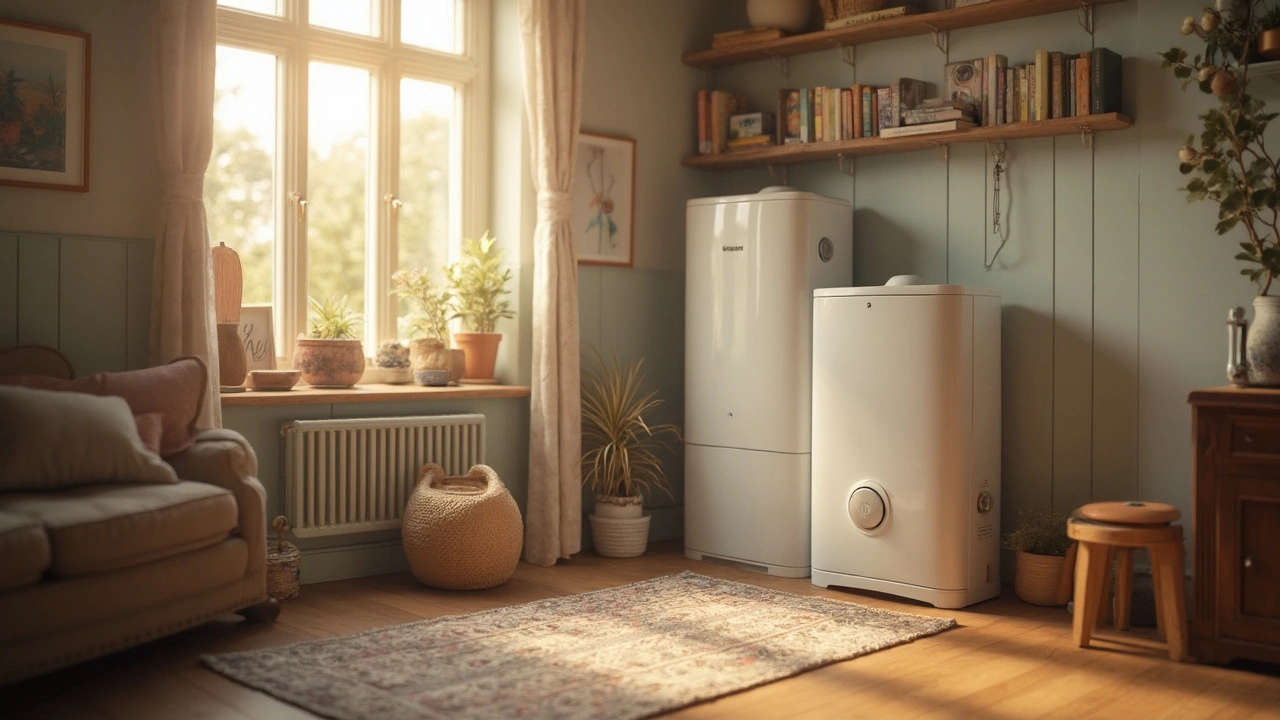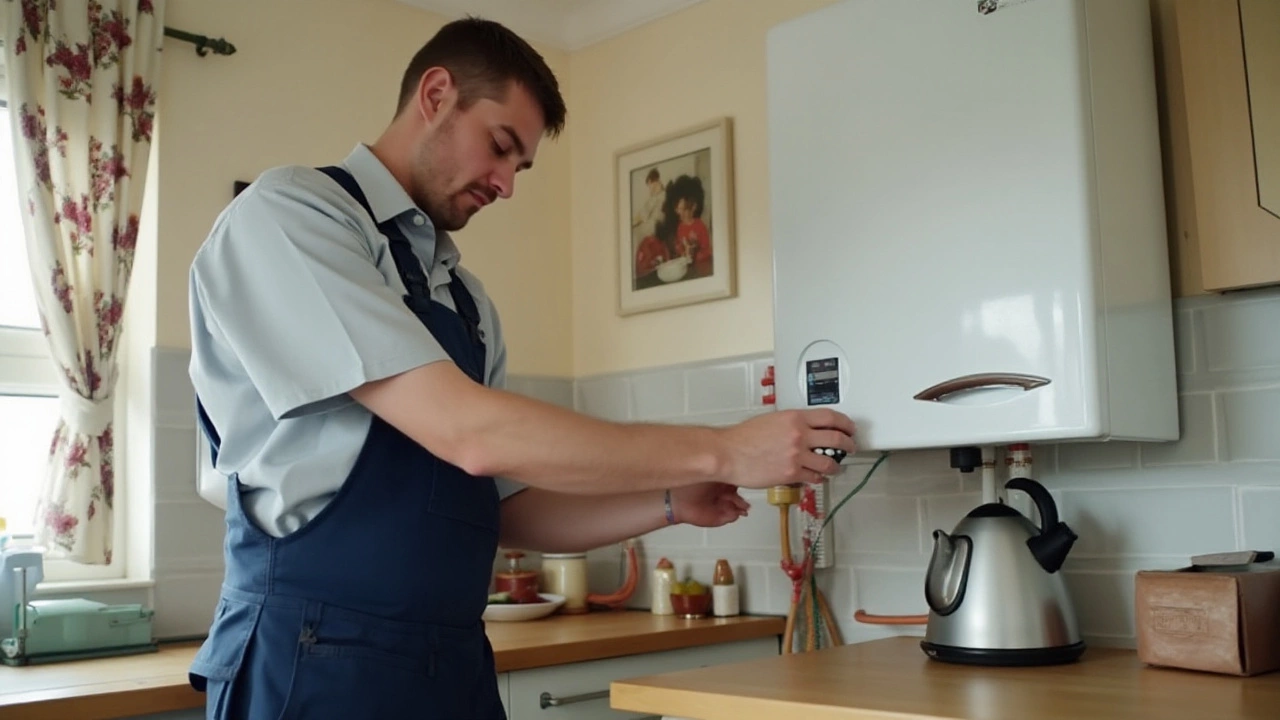Boiler Lifespan: How Long Should Your Boiler Last?
If you’re wondering whether your boiler is getting old, you’re not alone. Most homeowners ask themselves, “How many years can I expect from a boiler?” The answer isn’t a one‑size‑fits‑all number, but knowing the main factors helps you plan ahead and avoid surprise breakdowns.
Typical Lifespan and What Influences It
On average, a well‑maintained boiler lasts between 10 and 15 years. Some high‑quality models push 20 years, while cheaper units may start complaining after just eight. The biggest influences are:
- Type of boiler: Combi, system or regular boilers each have different wear patterns.
- Water quality: Hard water causes limescale, which eats away at heat exchangers.
- Usage: A household that runs heating 24/7 ages the boiler faster than an occasional user.
- Maintenance: Skipping annual service lets small problems turn into big failures.
- Installation quality: A poor install can stress components and shorten life.
When you combine these factors, a boiler that’s 12 years old but serviced yearly can outlive a 15‑year‑old that never got a check‑up.
Signs Your Boiler Is Nearing the End
Even with regular service, a boiler gives clues when it’s ready to retire. Keep an eye out for:
- Strange noises – rattles, whistling, or banging.
- Inconsistent heating – rooms stay cold while the thermostat reads high.
- Leaking water – any moisture around the unit is a red flag.
- Rising energy bills – an inefficient boiler uses more gas or electricity.
- Frequent repairs – if you’re calling a technician every few months, it’s probably time to replace.
These symptoms don’t always mean an immediate replacement, but they do suggest a professional inspection is overdue.
How to Extend Your Boiler’s Life
Simple habits can add years to your boiler’s service:
- Schedule a yearly service with a qualified technician.
- Bleed radiators regularly to keep water flowing smoothly.
- Install a water softener if you have hard water.
- Keep the area around the boiler clear for proper ventilation.
- Turn down the thermostat a few degrees and use thermostatic radiator valves to balance heat.
These steps cost little but pay off in lower bills and fewer breakdowns.
When Replacement Makes More Sense Than Repair
If your boiler is over 12 years old, needs costly parts, or you’ve seen the warning signs repeatedly, replacing it often saves money in the long run. New boilers are far more efficient, which means lower energy costs right away. Plus, most installers offer a warranty that covers parts and labor for several years.
Before you decide, get a quote that includes the cost of a new unit, installation, and removal of the old boiler. Compare that to the total of recent repairs; if the repair bill is more than half the price of a new system, replacement is the smarter choice.
Bottom Line
A boiler can give you a decade or more of reliable heat if you treat it right. Watch for noises, leaks, and rising bills, keep up with annual service, and consider the age of the unit when deciding between repair and replacement. With a little attention, you’ll stay warm and keep your wallet happy.
Is It Worth Replacing a 15-Year-Old Boiler?
0 Comments
Many homeowners wonder if it's time to replace their aging boiler. A 15-year-old boiler might still be working, but is it the most efficient and cost-effective option? This article explores the key factors to consider before deciding on replacement, including energy efficiency, cost savings, safety concerns, and new technology advancements. Learn the necessary steps to make an informed decision about your home heating system.
Read MoreMaximizing Your Boiler's Lifespan: Tips and Timeline
0 Comments
Learn about the lifespan of your boiler and how proper maintenance and timely repairs can extend its life. Discover common factors that affect boiler longevity, tips for routine check-ups, signs that your boiler needs attention, and why professional advice is essential. Keep your heating system efficient and reliable with these insights.
Read More
